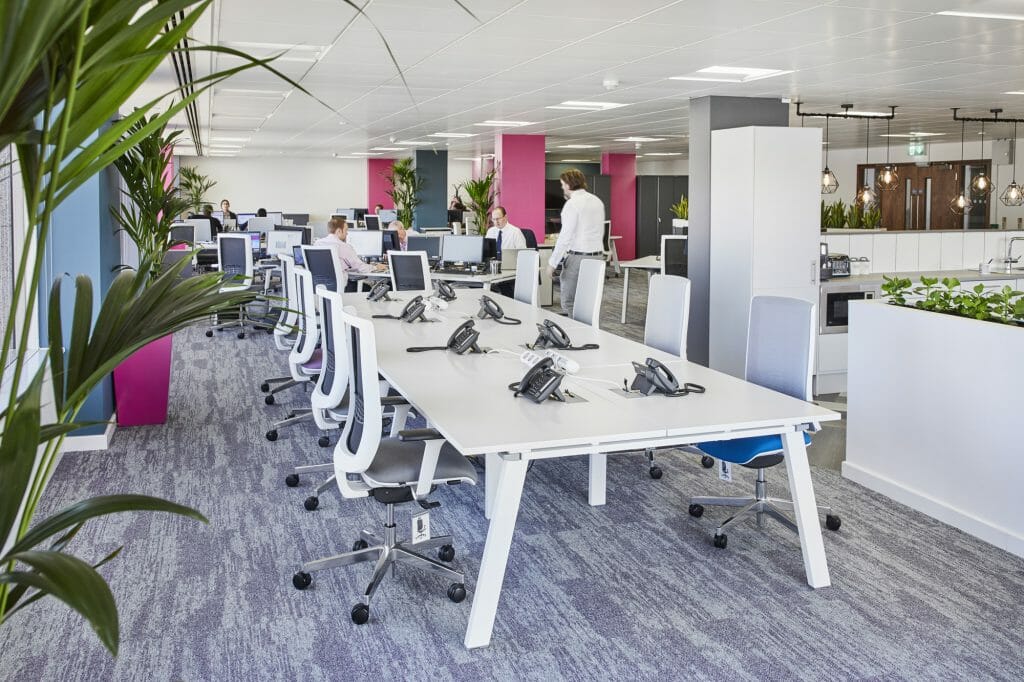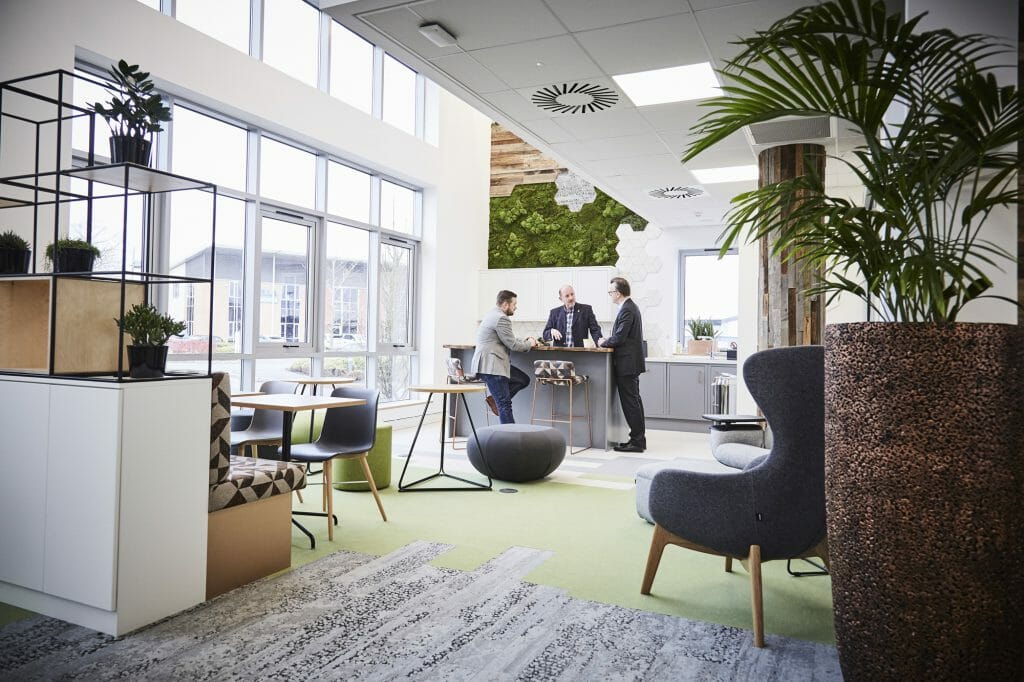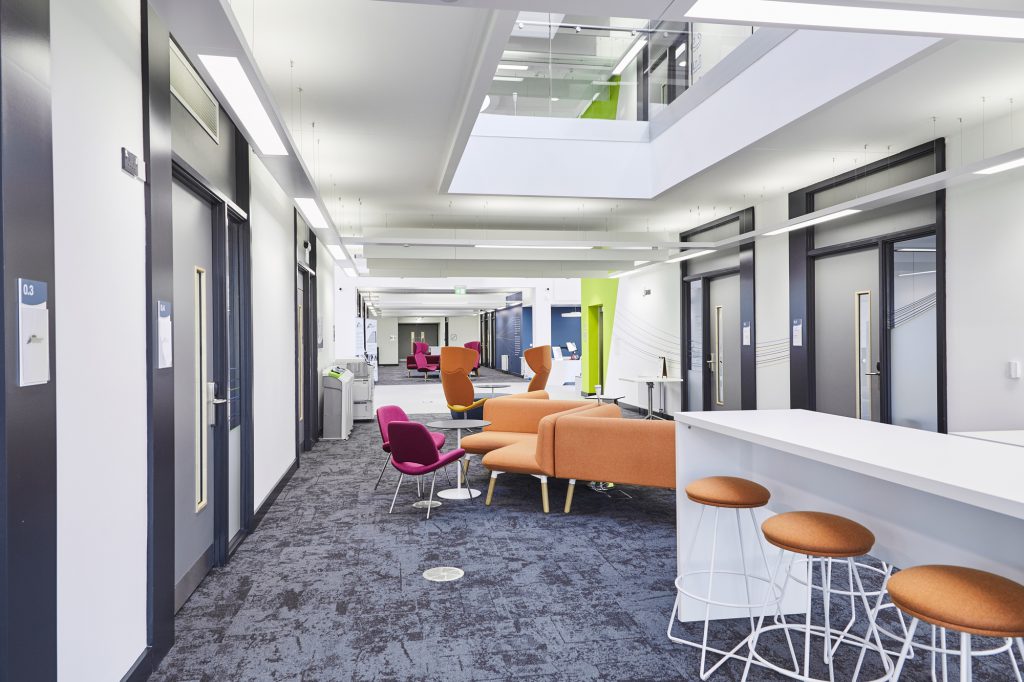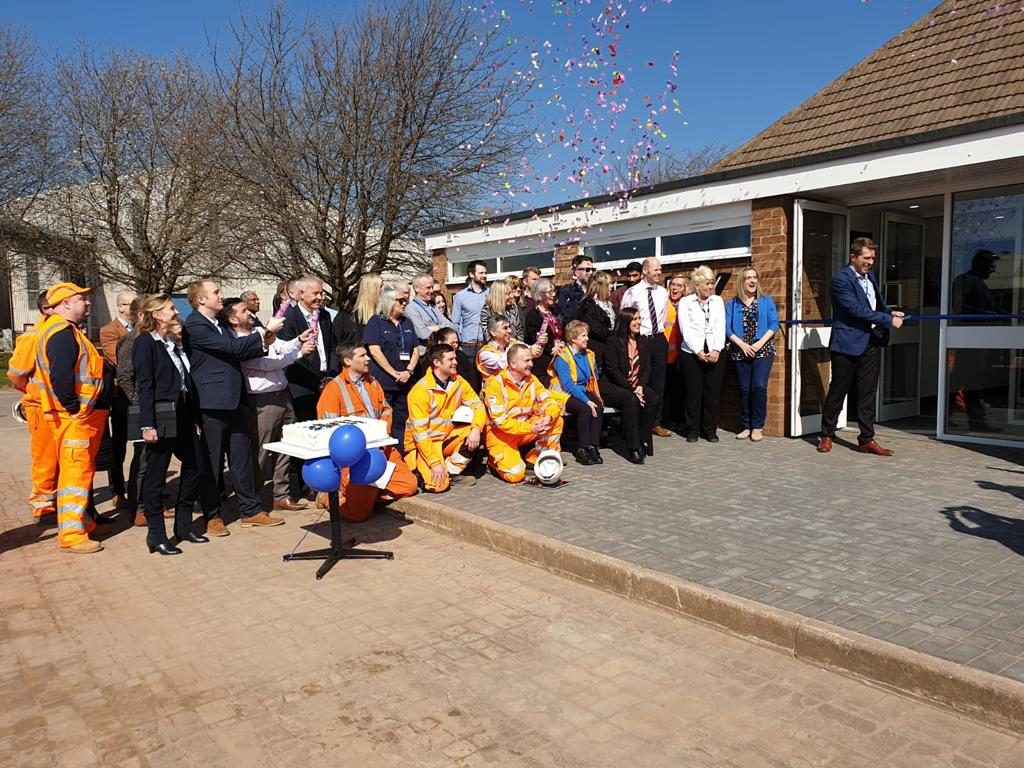20th Jun 2019
Work-Life Balance Isn’t Achievable, and Here’s Why…
According to a LinkedIn Study, work-life balance is the biggest struggle in the workplace. But why? We’ll tell you why – because it describes something that just isn’t achievable. Let’s discuss!
‘Work-life balance’ implies that work and life are separate things that we need to find a balance between. But what is work if it isn’t part of our lives? Exactly. And that’s why we’re challenging the term.
We get the sentiment, but in essence, it implies that work is bad and life is good, when in fact the two are one and the same. As employers, we should be embracing this, and making the lives of our people better in the process.
If not work-life balance, then what?
To put it simply, we think it’s more about a work-life ‘approach’ than a ‘balance’.
This doesn’t mean aiming to have employees that love work so much that they end up working every hour under the sun because we all know that’s not realistic, healthy or sustainable. It’s about putting measures in place that will make work as fulfilling and engaging as possible.
If you’re an employer looking to refresh your approach for a healthier and happier workforce, here are some tangible tips to stop the focus on whatever ‘work-life balance’ means and start creating a better working culture for your people instead.

Get your priorities straight
Not knowing what to prioritise can be a source of stress. If you’re clear with your priorities as a company, then it’s much easier for employees at every level to align these to the tasks on their to-do lists
Tip: For those that struggle to prioritise, the “rule of three” is a simple and effective way to start getting things done. It works by listing 3 of the most important actions that must be completed that day and focus on these first, anything else that gets done is a bonus.
Give and receive feedback
Every business gets into the trap of the ‘day to day’ once in while, but reflection and feedback are so important if you’re going to keep your people happy.
Receiving feedback is just as important as giving it, so ensure it’s a two way street in your business.
Tip: Encourage managers to ask for feedback, encourage people to give feedback, and more importantly ensure it’s acknowledged even if it can’t be implemented.

Encourage self-care (in and out of work)
This isn’t always easy, especially if you have an organisation full of people that are passionate about what they do (the dream!).
When you love what you do, late nights don’t feel like ‘work’, and although sometimes necessary, excess working hours aren’t good for long-term success.
This is why giving people permission and opportunities to take care of themselves in and out of work is essential.
Tip: Self-care in the office can be promoted through creating areas for people to relax in – and ensuring that they feel they can do this if they need to take a minute for themselves.

Appreciate the little things
Yes it’s important that everyone in your business is invested in achieving your long-term vision, but celebrating the smaller successes on the journey towards that ultimate aim is super important.
It keeps morale up and can help your team find the fun in the day-to-day.
Tip: Celebrate every success, no matter how small! You don’t have to throw a party every time you win a new client, but a ‘well-done’ or a treat for the people who deserve it can go a long way.
Create an office that people enjoy coming to
The Human Givens Institute (HGI) talks about how all humans have emotional needs, and “seek their fulfilment through the way we interact with the environment.” Of course, this doesn’t stop happening when we’re at work.
These ‘emotional needs’ include feeling part of a wider community, having meaning and purpose, and a sense of autonomy and control. We can fulfil these needs by creating the right environment and culture at work.
There are all sorts of ways in which to do this from the way you design the spaces in your workplace to the initiatives you provide for your staff.
Tip: Do the groundwork to find out how you can support your people through the design of your space. And ask them about the incentives they’d like to see if you’re thinking of introducing new ones.
Another study from LinkedIn says, “when asked what benefit they would most like to see in their workplace, 49% said increased health and wellness benefits. And when asked what additional perk they would like to have at work, 47% said more time off around holidays. Only 12% said game rooms.” This will be different in every business too!

Start implementing a work-life approach
We very much practice what we preach at Blueprint and have built our own offices ‘WorkLife Central’ around creating the best environment and culture for our people.
Come and see what we’ve done with the place and while you’re here enjoy a coffee in our work cafe. Book a visit using the form below.